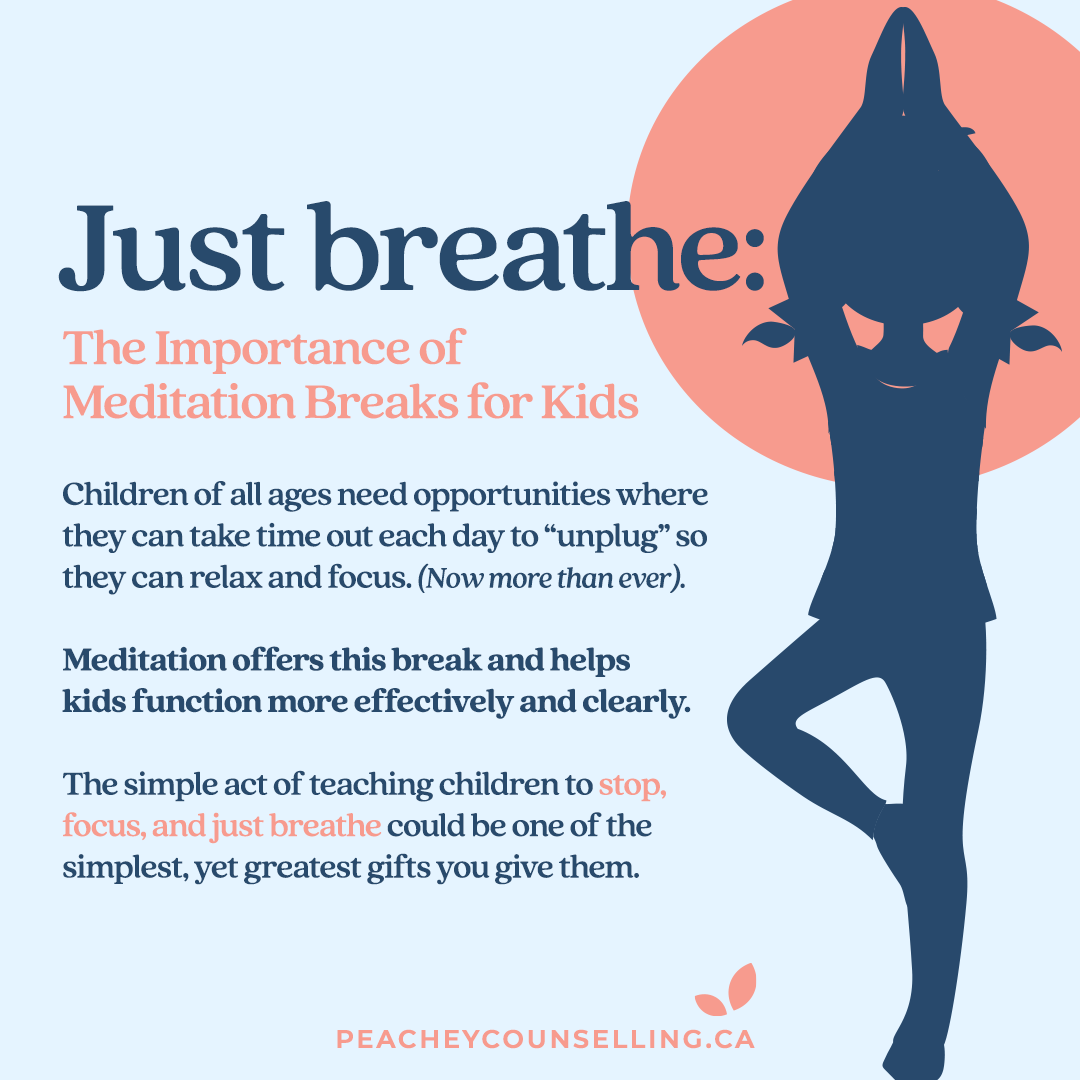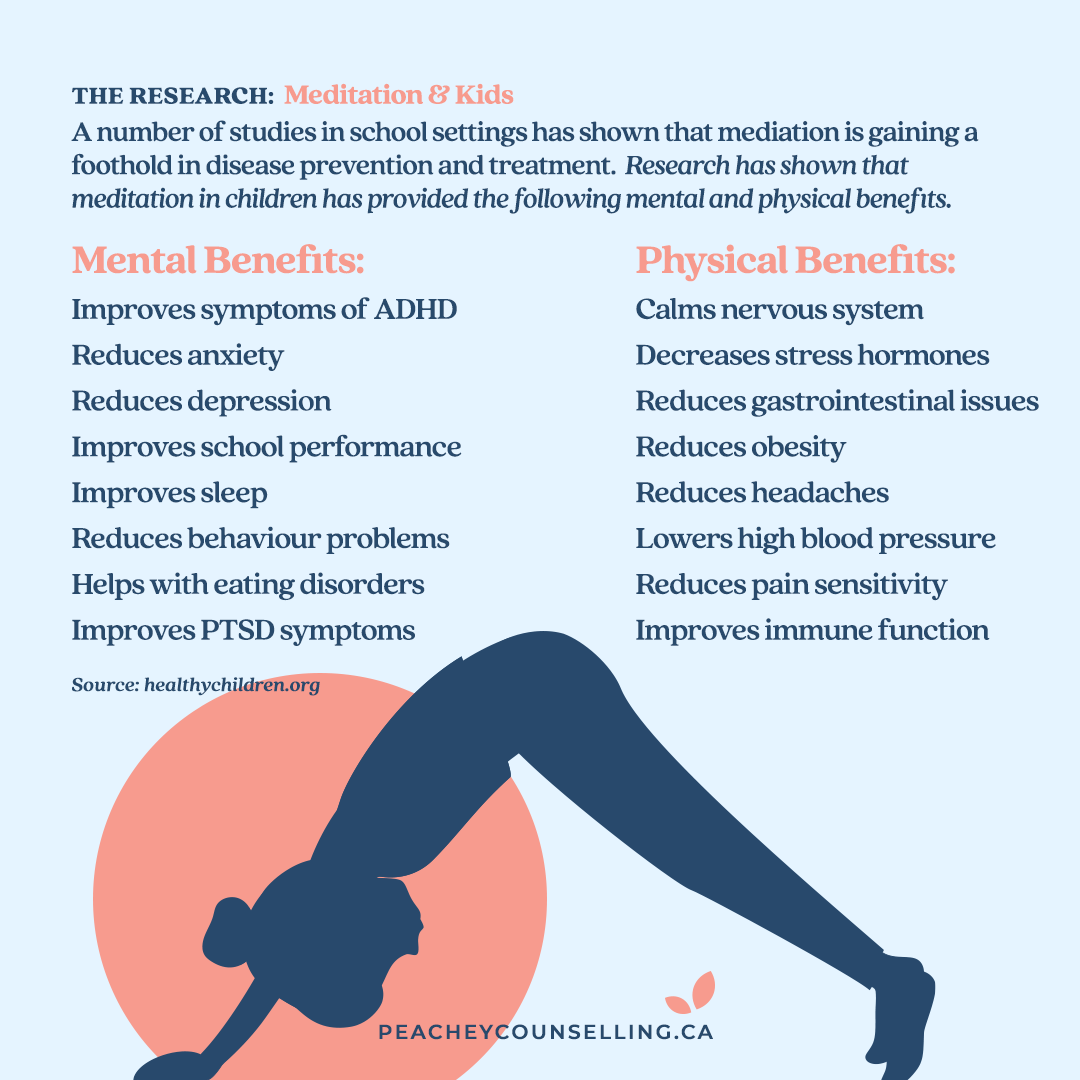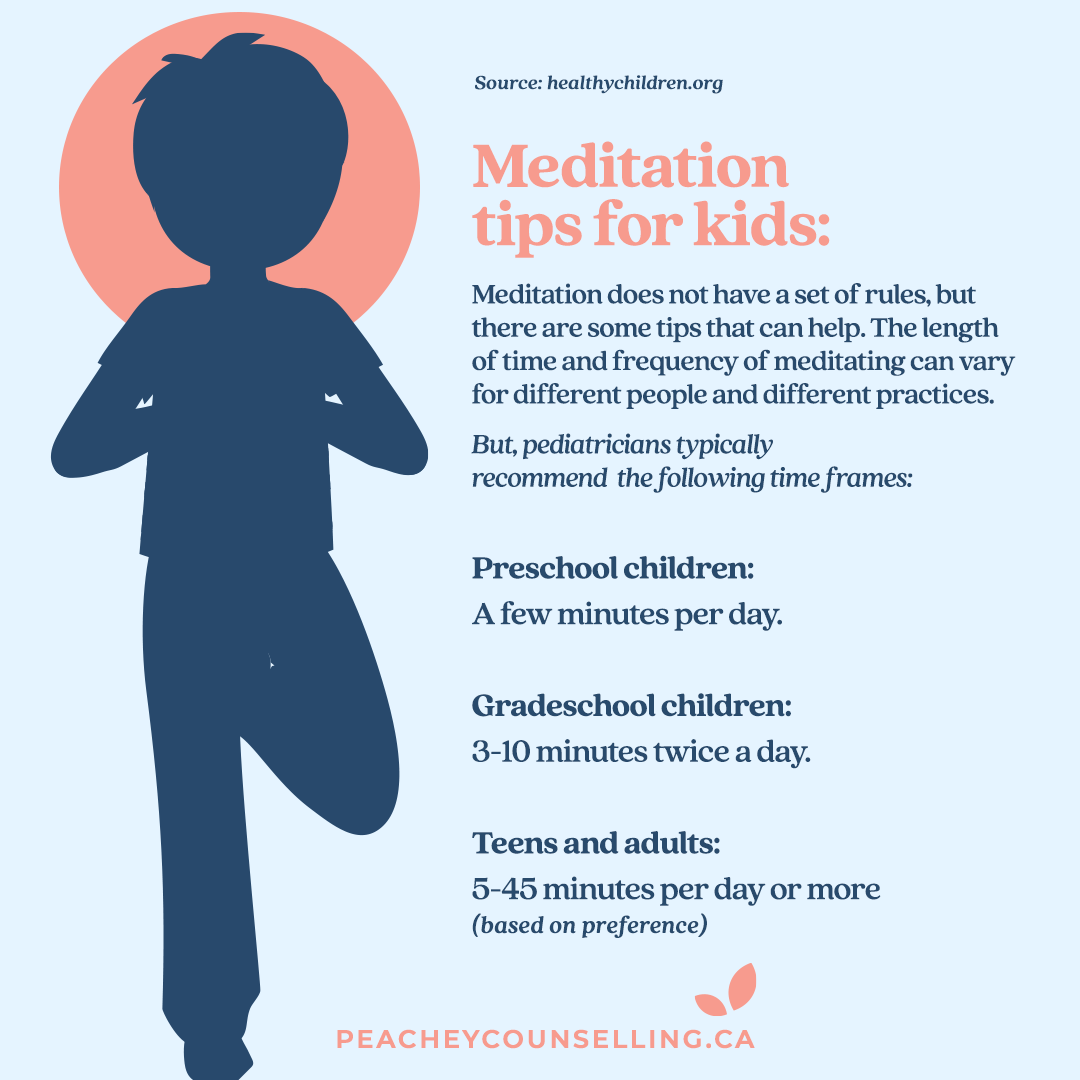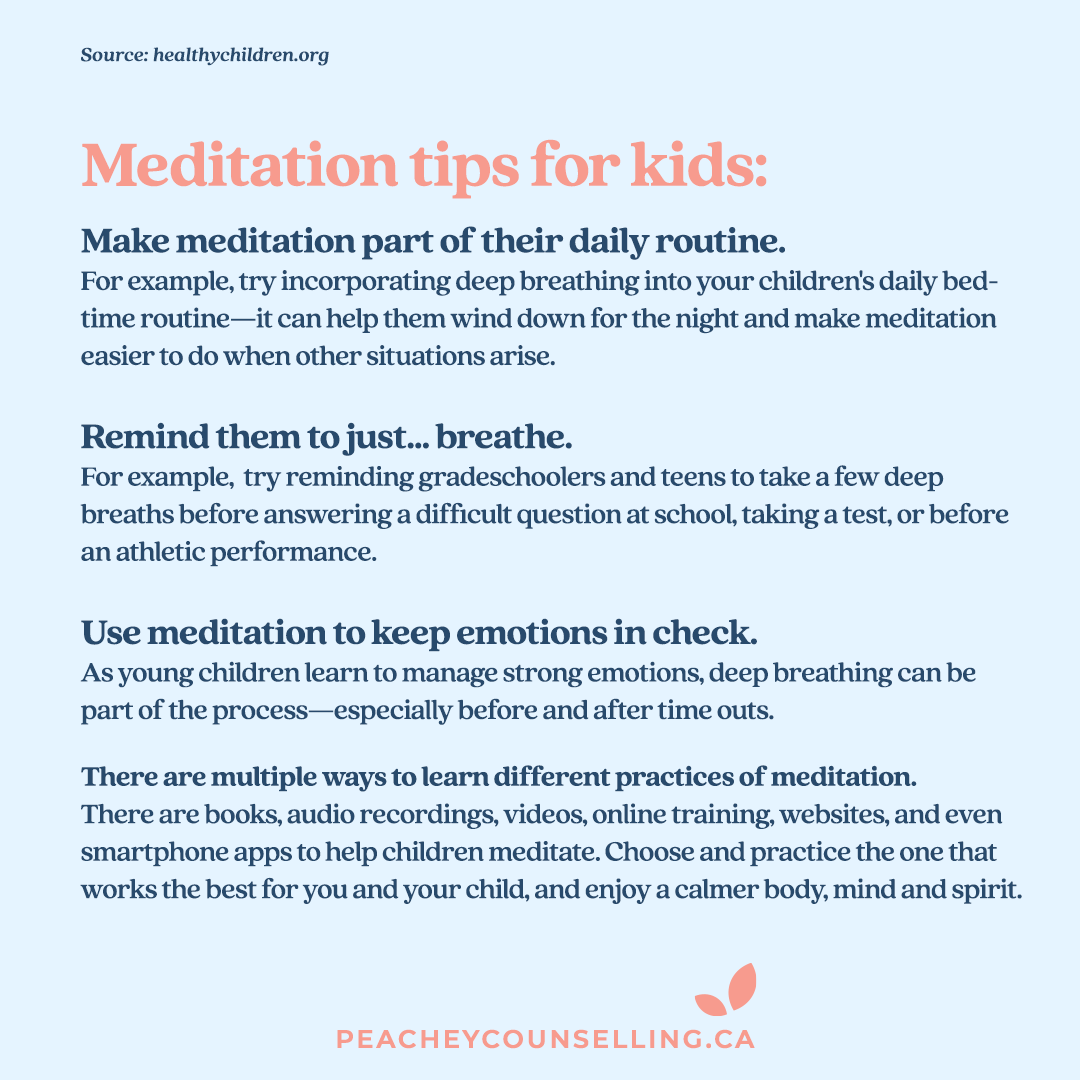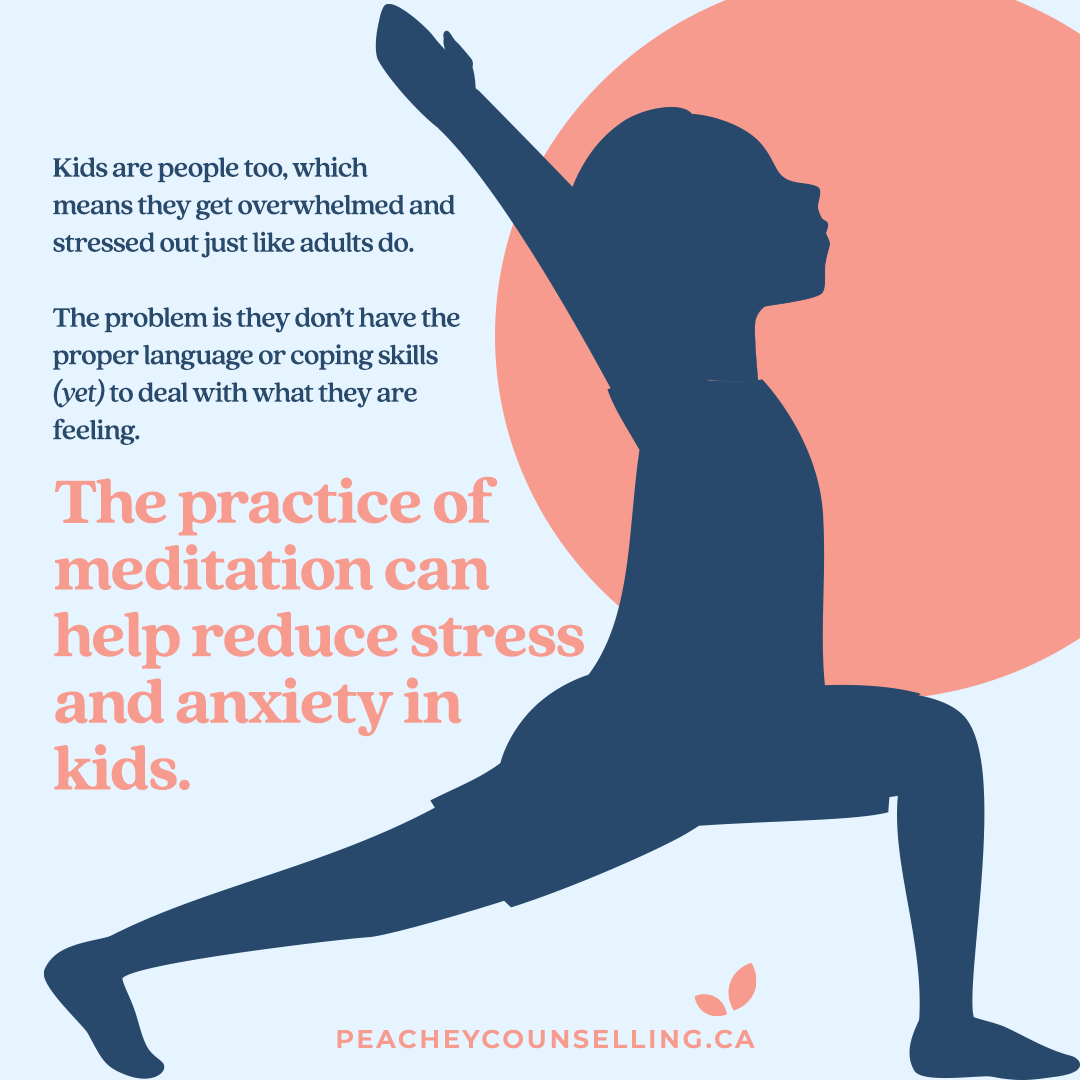The Benefits of Meditation for Kids
By now, you’ve probably heard of the term “mindfulness” as a new buzzword for tackling stress, but what does it mean? Over 30 years ago, Jan Kabat-Sinn a scientist - widely recognized as the father of contemporary, medically based mindfulness - developed a therapeutic meditation practice known as Mindful Based Stress Reduction or MSBR. He defined mindfulness as: “paying attention in a particular way; on purpose, in the present moment and non-judgmentally.”
Mindfulness is a meditation practice that begins with paying attention to your breathing which allows you to focus on the here and now. The goal is not to focus on the ‘would haves’ of the past or worry about what could be in the future.
The ultimate goal of mindfulness is to enough distance from disturbing thoughts and emotions, so they can be observed without immediately reacting to them in a negative way. In the last few years, this therapeutic practice of ‘mindful meditation’ it has emerged as a way of treating children and adolescents with conditions ranging from ADHD to anxiety, autism spectrum disorders, depression and stress.
The benefits of meditation in terms of mental health are proving to be beneficial, not only to children with more serious conditions but as a part of a healthy self-care routine for any child.
While meditation can be done on your own, it can also be done with the help of a trained professional.
Given the rise in children’s stress, anxiety and depression and considering the ongoing impacts of COVID-19 we are all facing, it is becoming more essential then ever to teach our kids how to practice mindfulness. A counsellor or therapist can help your kids to observe their own thoughts and feelings and give them the tools they need to start regulating their emotions and choosing their behaviours.
Whatever it is, we’re here for you.
Life is uncertain. Jobs are stressful. Parenting is hard. Relationships take work. Families can be dysfunctional. And, sometimes love hurts. When you’re confronted by feelings, events, or issues that are making your life challenging, it’s okay to ask for some help.
SOURCES: Healthychildren.org / Childmind.org / Thriveglobal.com

